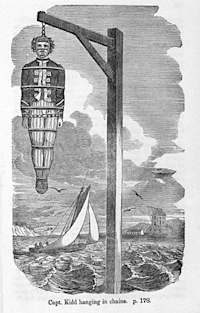“Satisfied Benton wouldn’t cause any further trouble, Captain Ironside turned to Faustus, who was merrily humming a rendition of Hark the Thundering Cannons Roar to himself.”
This tune was newly composed by Christopher Fishburn in circa 1683, perhaps specifically for the original version of this song, An Excellent New Song, On the late Victories over the Turks. The overly long title became later known by several closely related titles, most of them derived directly from the ballad’s first line: ‘The Cannons Roar’, ‘Hark the thundering Cannons roar’ and ‘Hark I hear the Cannons roar’. Other names existed – ‘The reward of loyalty’, ‘Wealth breeds care’ and ‘Vienna’, for example – but none of were very common. The notation for the tune appeared in several different sources during the late seventeenth and early eighteenth centuries, and surviving versions vary only slightly in their melodic details.

